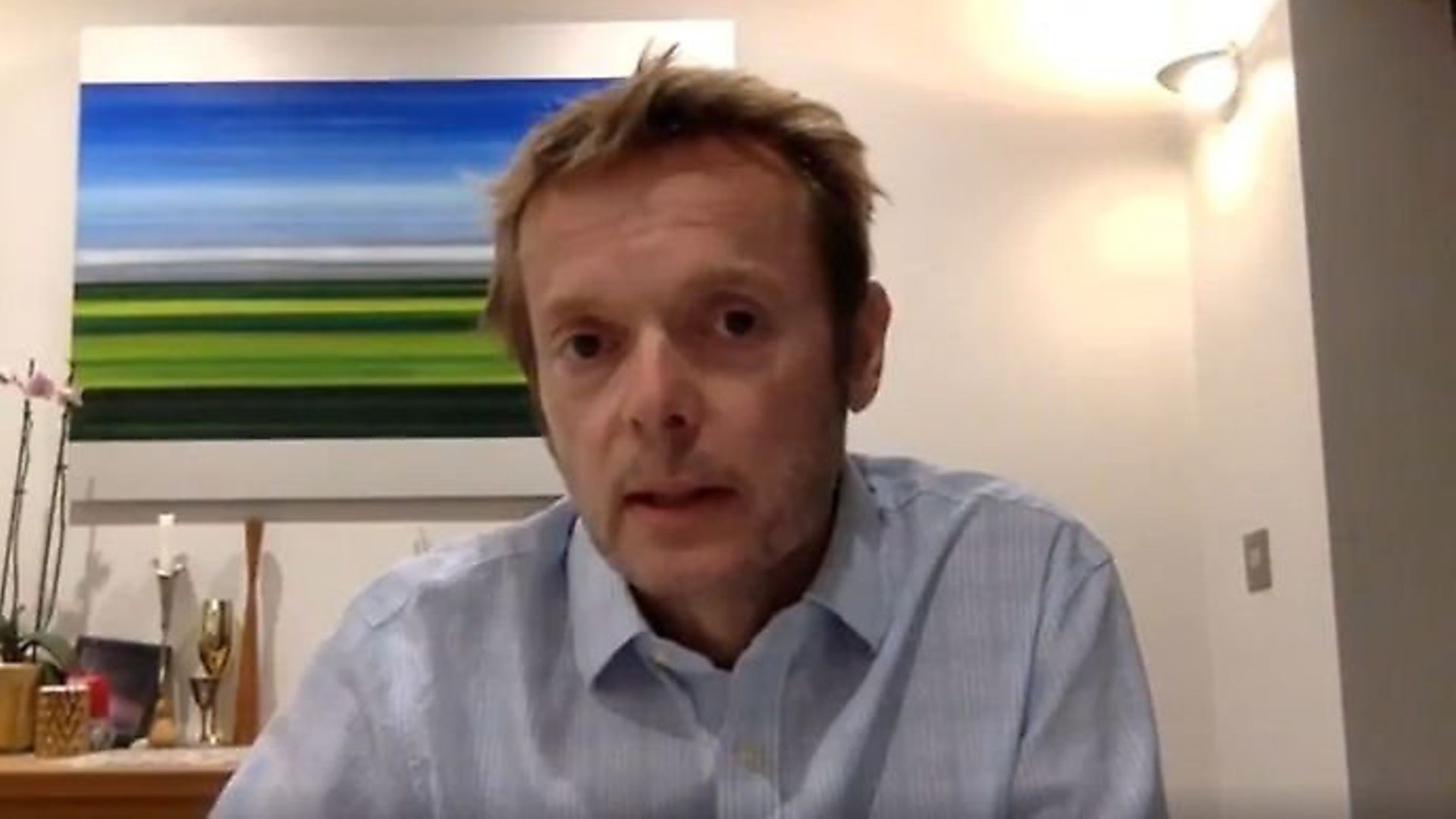
A scientist on the government’s Scientific Advisory Group for Emergencies (SAGE) committee has called the England’s track-and-trace system ‘clunky’ and ‘slow’ and called on Boris Johnson to fix it.
Professor John Edmunds, a member of the government’s all-important SAGE committee, said England’s test and trace programme is so ineffective that it could lead to a second wave of the coronavirus.
The NHS Test and Trace programme was set up in order to track and trace the movement of people with coronavirus and others they have come into contact with.
However, experts have claimed that since its launched in June, tracers have continuously failed to reach the contact threshold of 75% of Covid patients and 68% of their contacts needed in order for the system to be effective.
As it stands, according to Department of Health and Social Care figures, only 50% of contacts are being traced while the percentage of people being tested is harder to know.
‘It is not achieving the levels we have modelled,’ said Prof Chris Bonell, a co-author of the new research into programme. ‘It doesn’t look good enough to me.’
‘The study shows a second wave could be prevented if 75 percent of people with COVID symptoms were found, and 68 percent of their contacts traced,’ he explained.
‘Or [if] 87 percent of people with symptoms were found, and 40 percent of their contacts traced. However, the researchers said NHS Test and Trace in England was currently falling short.
‘They estimate only 50 percent of contacts are being traced — and while it is harder to know the percentage of people being tested, they say this also appears too low.’
But NHS Test and Trace head, Baroness Dido Harding, denied the system was failing, claiming the statistics show ‘the opposite.’
She said more testing is required but maintained the current level of contact tracing was ‘well within the bounds’ of what the researchers ‘are saying is necessary’.
Prime minister Boris Johnson has repeatedly called England’s test-and-trace system ‘world beating’ however experts on the government’s own scientific panel suggest otherwise.
SAGE advisor and epidemiologist John Edmunds suggested Johnson should dump his slogan and make sure the system is ‘virus-beating’ because at the moment ‘it’s not’.
He told Newsnight’s Kirsty Wark: ‘It was supposed to be in place in order for us to ease the restrictions. We’ve been easing restrictions over the last few weeks and cases are going up so it’s clearly not taking the strain as we hoped it would do.’
When Wark asked if claims the system was ‘world beating’ had been ‘nonsense’, Edmunds replied: ‘Honestly I couldn’t care less whether it’s world-beating or not, I just want it to be virus-beating. And it’s not.
‘There’s a range of different things going on. One, I think the system is quite clunky… It does take quite a lot of time to get information out of individuals. I think they give the information then get sick of the whole process and give up. I think that’s a problem.’
Edmunds also criticised the way data behind metrics was being collected.
‘The NHS collects metrics on how well they’re doing but as epidemiologists, we want other metrics to be measured,’ he said.
‘And they [the government] are not really doing that at the moment.’
Without that critical data, Edmunds explained, it was ‘hard’ to tell how well the UK was doing in terms of its containment of the virus.
This is not the first time the professor has spoked out against the government. In May, he accused ministers of making a ‘political decision’ to open school on June 1, which had been planned at the time.
He told a Lords committee that it was up to politicians to re-open classrooms, not scientists.
‘Clearly the decision to open primary schools or not is a political one. It is not a scientific decision. Scientists can offer some advice,’ he told peers.









